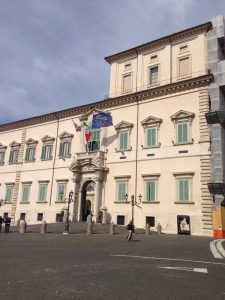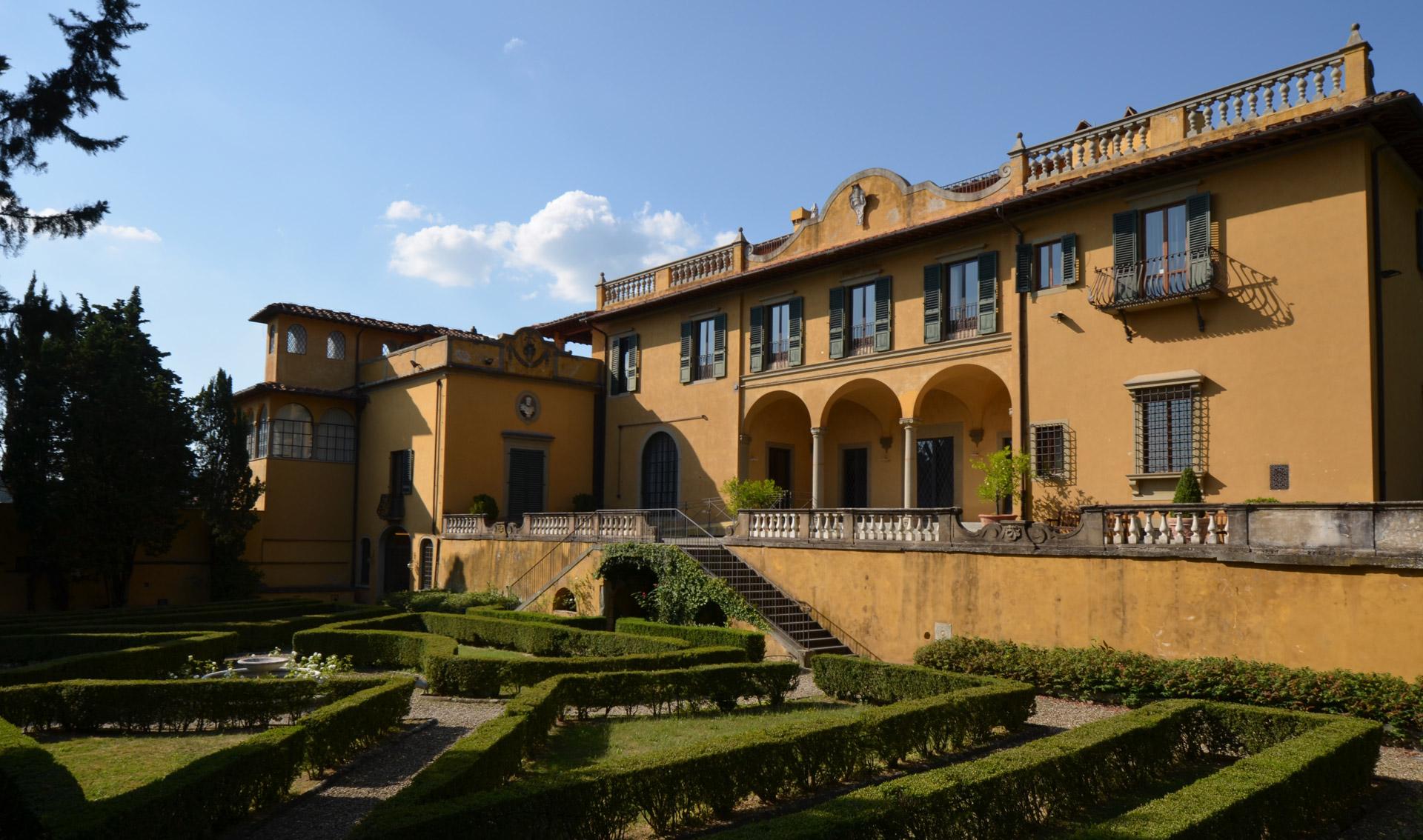
Read more
Blog, Mobility Practices and Processes
The flaws of the 'Rome Plan', promised policy solution to the migration problems in the Mediterranean
By Luca Lixi Since the Central Mediterranean route became the main source of irregular arrivals by sea to the EU much political energy has been spent on how to solve the problems arising from...
 By Marcia Vera-Espinoza, Leiza Brumat and Andrew Geddes
By Marcia Vera-Espinoza, Leiza Brumat and Andrew Geddes
Migration governance in South America seems to be in transition. Following recent interviews with key actors in in Argentina, Brazil, Chile and Ecuador as part of the MIGPROSP project we identify three tendencies in migration policy: ‘retreat’, ‘inertia’ and ‘change’. Together, these tendencies suggest that policy development and change in South America is unlikely to take the form of a unidirectional ‘tide’ be it liberal or illiberal, but will rather be non-linear and dependent on domestic conditions of governance and governability that shape how rhetorical commitments ‘hit the ground’. These conditions can include the state of the economy, but also other critical factors such as changes of government and political will.
- ‘Retreat’ is evident in Argentina, which recently adopted an Executive Order that links migration to security concerns and eases the processes of expulsion, violating several basic rights and international jurisprudence. Self-perception in Argentina is of being an open ‘country of immigration’. Policymakers tend not to see openness or the country’s status as a receiving country as being modified by the current government’s new legislation. In contrast, non-state actors see the decree as a step back from Argentina’s progressive law and as setting a tone that could criminalise some types of migration.
- ‘Inertia’ can be found in Chile, which has been discussing and drafting a new migration law for a few years now to change those adopted during the dictatorship, but with little success. The latest draft of the law is still resting in a desk in the Ministry of Interior and has not yet made it to the Congress. This inertia, together with political and institutional disputes, has led to a situation in which very restrictive laws coexist with more “open” and progressive regional agreements (such as the Mercosur Residence Agreement), specific social policies, discourses and practices.
- ‘Change’ is evident in Ecuador, Peru and Brazil that have recently adopted new migration laws to replace previous restrictive approaches. The new laws are in line with what has been seen as a regional progressive trend, although all are less progressive than some had hoped.
These three tendencies show non-linear policy development and change. Differences reflect varying regional and extra-regional migration patterns, economic conditions, domestic political changes and a shifting migration narrative at the global level. While most interviewees agreed that the rights-based approach that characterised migration governance in South America for the last decade continues to prevail, it is also evident that the discourse has changed to include concerns about security and the need to regulate and manage migration flows. For instance, the region is concerned with the effects on migration resulting from the political crisis in Venezuela, violence in Central America, irregular migration and the slowly increasing numbers of extra-regional migrants and refugees.
South America has experienced similar dynamics before. What is changing, as one of our interviewees emphasised, are the circumstances that surround these population movements. Many countries in the region face countervailing, competing and, at times, contradictory pressures when dealing with migration. For example, there are economic concerns, worries about integration, disquiet about security plus development challenges in both sending and destination countries. All feed into policy debate and wider public responses to migration. Tellingly, an interview with a senior government official referred to a ‘crisis of governability’. By this was meant that rhetorical commitments must also face practical, on the ground realities that encompass the countervailing, competing and potentially contradictory pressures, but also draw into focus a lack of administrative capacity, experience and expertise on migration as well as problems working across government with ministries that have not typically dealt with migration. Migration levels are also relatively high on the political agenda, which means that weak institutionalisation can translate into internal disputes over power, funds and structures.
Actors in the region know that they need to find a better way to regulate and manage migration in order to improve the implementation of some of the normative successes of the last decade. Many of them also aligned with the global motto of seeking ‘safe, orderly and regular’ migration while sharing the view that ‘safety’ should be oriented towards the respect of migrants’ basic rights, independent of their regular or irregular status.
The challenge, in this context of transition, is to define a clear position and find strong regional leadership. At the end of August 2017 will be a meeting of experts in Santiago to discuss the region’s position and priorities in relation to the Global Compacts on Migration and Refugees. This will be an opportunity to take the pulse of where migration governance is heading in South America. Drawing from the interview material collected as part of the ongoing fieldwork in the region, we find non-linear policy development rather than ‘tides’ that are either liberal or illiberal. Non-linearity is contingent upon economic and political conditions in South American countries. These have implications that stretch beyond the national level to affect the scope and content of regional integration as well as South America’s capacity to exercise regional influence at international level.
—
The EUI, RSCAS and MPC are not responsible for the opinion expressed by the author(s). Furthermore, the views expressed in this publication cannot in any circumstances be regarded as the official position of the European Union.

